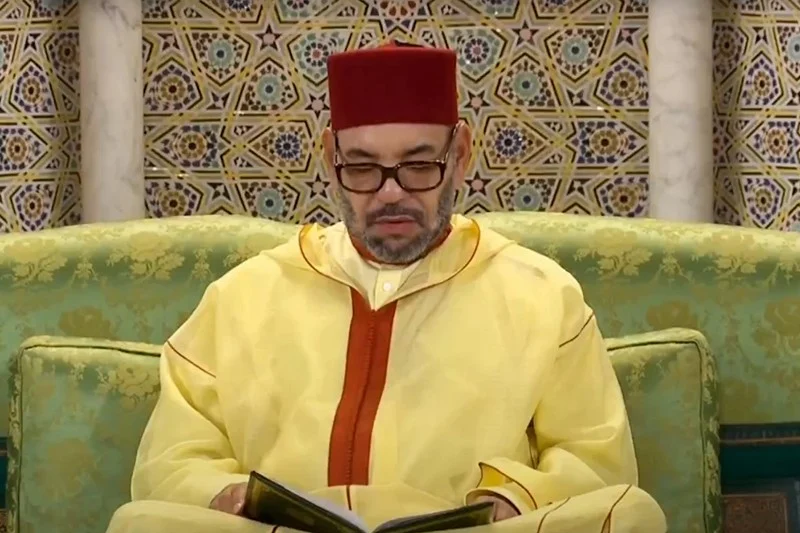The Union of Arab Journalists has denounced the politically-motivated campaign orchestrated by the European Parliament against Morocco, saying that spying claims made against the North African Kingdom were “baseless allegations”.
The MEPs have failed to provide scientific evidence to support their false allegations, said the Union, expressing astonishment over the French judiciary system which has denied Morocco’s right to challenge the NGOs accusing it of snooping with Pegasus spyware, while it accepted the complaints filed against it by some French journalists who claimed that their phones were hacked, without presenting any independent technical expertise to support these allegations.
The Union of Arab Journalists has also condemned the bias of the European Parliament which refused to look into the scientific and independent studies carried out by experts, proving that the allegations made against Morocco are baseless.
Among these studies, there is one authored by Jonathan Scott, an American expert in spyware and malware forensics. His research showed “the absence of scientifically reproducible evidence for digital crimes” which undermines the foundation for justice.
Regarding the investigations conducted by Amnesty International and The Citizen Lab, the expert voiced concerns over their reputation in the information security and scientific communities.
He affirmed that “their research has often not been independently verified or reproduced by anyone outside of their trusted network, and their disregard for international forensics policies and procedures is alarming”.
Despite these shortcomings, they have formed partnerships with several global media outlets, including the coalition of journalists from Forbidden Stories who are part of “The Pegasus Project”.
According to Mr. Scott, it is important to approach these partnerships with “increased scrutiny and validation to ensure the accuracy and impartiality of any investigations conducted”.
He said that the investigations conducted by these organizations significantly lack rigor, affirming that the mobile forensics results used to support the allegations of Pegasus spyware on Omar Radi, Claude Mangin, and others’ phones “have been tampered, and forged”, by way of several false positive results that were not disclosed by the researchers.
From a scientific posture, it is paramount to highlight the importance of transparent and rigorous investigation methods in cases involving spyware technology, said the American expert, noting that false positives in forensic analysis lead to erroneous conclusions, which can have significant implications for the individuals involved and the broader political landscape.
Furthermore, an EP inquiry committee on the Pegasus spyware had revealed that Israeli NSO Company which developed the spyware had contracts with 22 customers in 12 countries of the 27-member European Union.
“We have to recognize that all EU member countries use spyware, even if they don’t admit it,” said Dutch MEP Sophie in’t Veld, Head of the EP inquiry committee investigating Pegasus.



